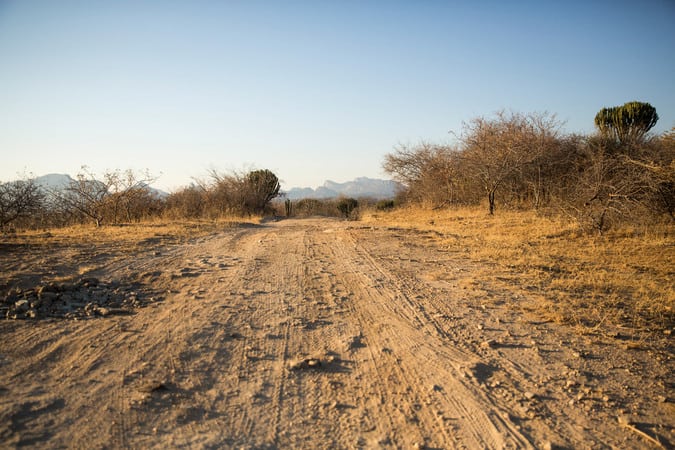The self-imposed deadline for governments to finish writing the Paris Agreement “rulebook” is getting closer. In 2016, governments gave themselves until the COP 24 negotiations this coming December to draft the implementation details for the Paris Agreement, or the Paris Rulebook. Essentially, this is the fine print of the Paris Agreement, spelling out more details on how governments are going to turn the agreement’s goals, objectives and commitments into reality. Progress has been slow, so this week, the UN is holding a special negotiating session in Bangkok to give themselves a few more days to make some progress before COP 24 begins.
The fine print always matters, and the Paris Agreement rulebook is no exception. The rulebook is expected to include agreements on how countries communicate their climate action commitments, including on financing and other forms of support, how emissions or emission reductions are accounted for, and how the “ratchet mechanism” – the tools the Paris Agreement has to help countries deepen their emissions cuts – will be shaped. Getting the rulebook right is an essential step to realizing the Paris Agreement goals. A strong rulebook, based in equity, will help raise the collective ambition and help get us on track to meet the Paris Agreement goals. A weak rulebook, particularly one that lets rich countries get out of doing their fair share, would be disastrous for the planet.
More important than an arbitrary deadline, though, are the worsening climate impacts. This summer’s wildfires, droughts and floods serve as a stark reminder for what is at stake. A terrifyingly limited amount of time remains for the world to increase its climate action and meet the Paris Agreement goal of limiting warming to 1.5°C.
ActionAid is in Bangkok now – inside the UN calling on negotiators to increase their ambition and deliver the kind of action we need to limit warming to meet the goals of the Paris Agreement, and outside mobilizing with allies and communities to demand the same from governments at home.
ActionAid has five key demands for governments:
- The Paris rulebook must guarantee sufficient and predictable climate finance for developing countries, unlocking ambition and supporting climate action those countries would not have been able to do otherwise, considering their capacity and the disproportionate climate impacts they are already facing;
- Protection must be guaranteed for communities experiencing climate-induced loss and damage, and those living with the impacts of climate-induced migration and displacement;
- The rulebook must safeguard food security, land rights, human rights and advance the pursuit of gender equality;
- Urgent action to cut emissions immediately is essential if we are to achieve the Paris Agreement’s goal of limiting warming to 1.5°C;
- All countries must do their fair share of climate action. Developed countries must take the lead, recognizing they have contributed the vast majority of emissions and have greater capacity to respond.
This week’s Bangkok meeting is an opportunity for governments to show that they are serious about reaching the goals of the Paris Agreement and are committed to the ambitious and equitable climate action needed to get us there. There won’t be many more opportunities to do so before it’s too late for the 1.5°C goal.

